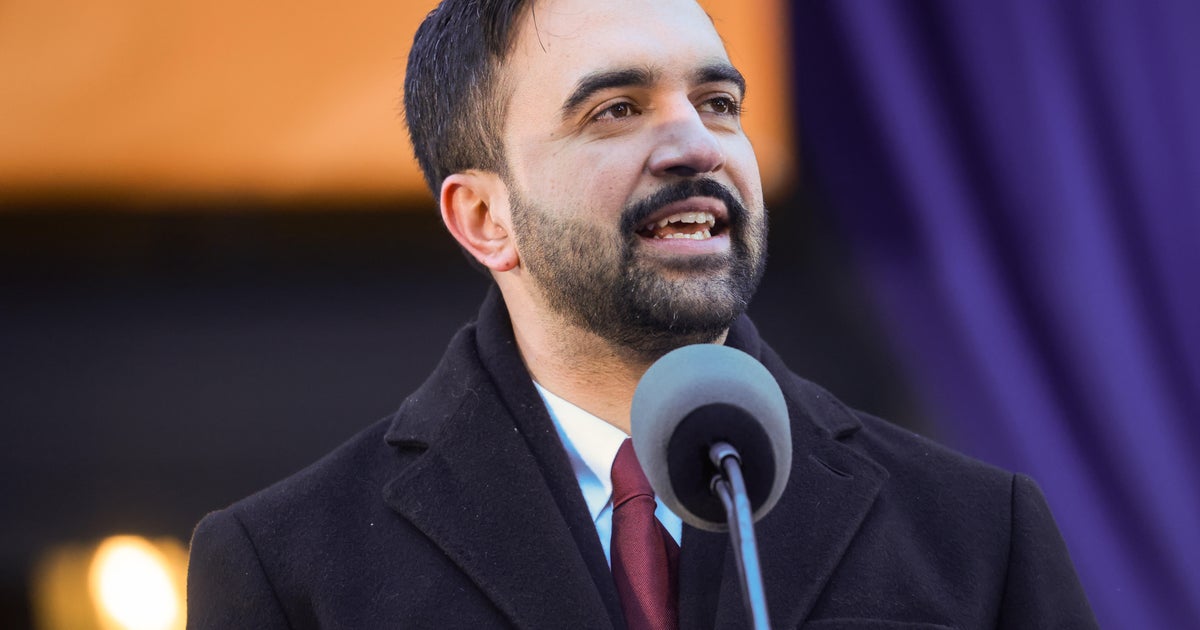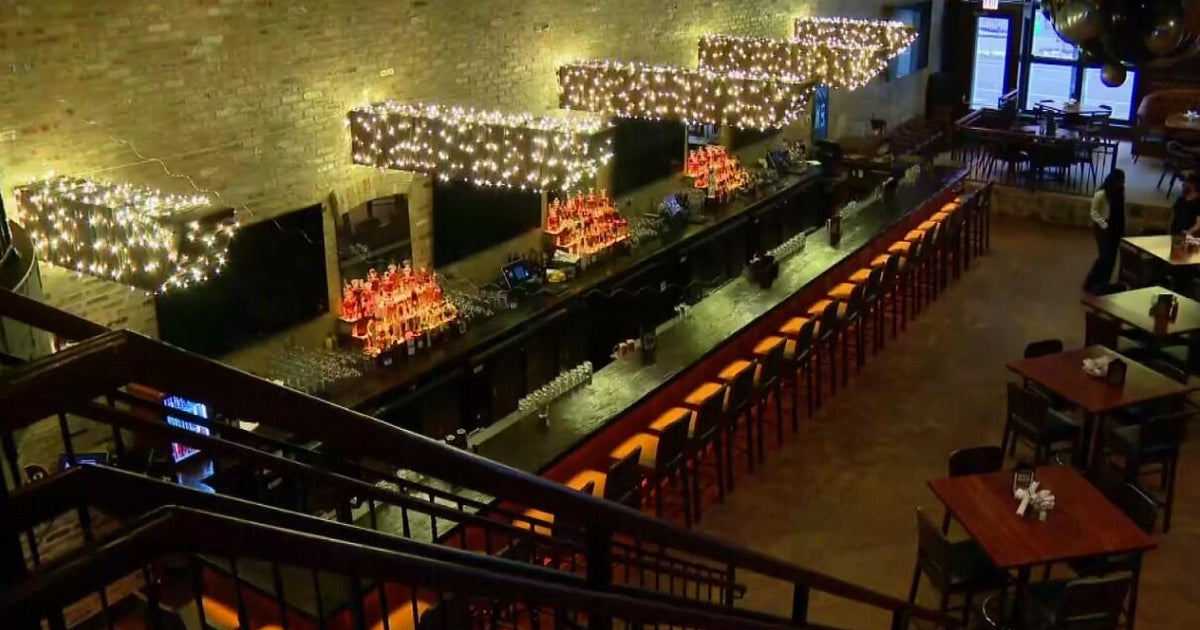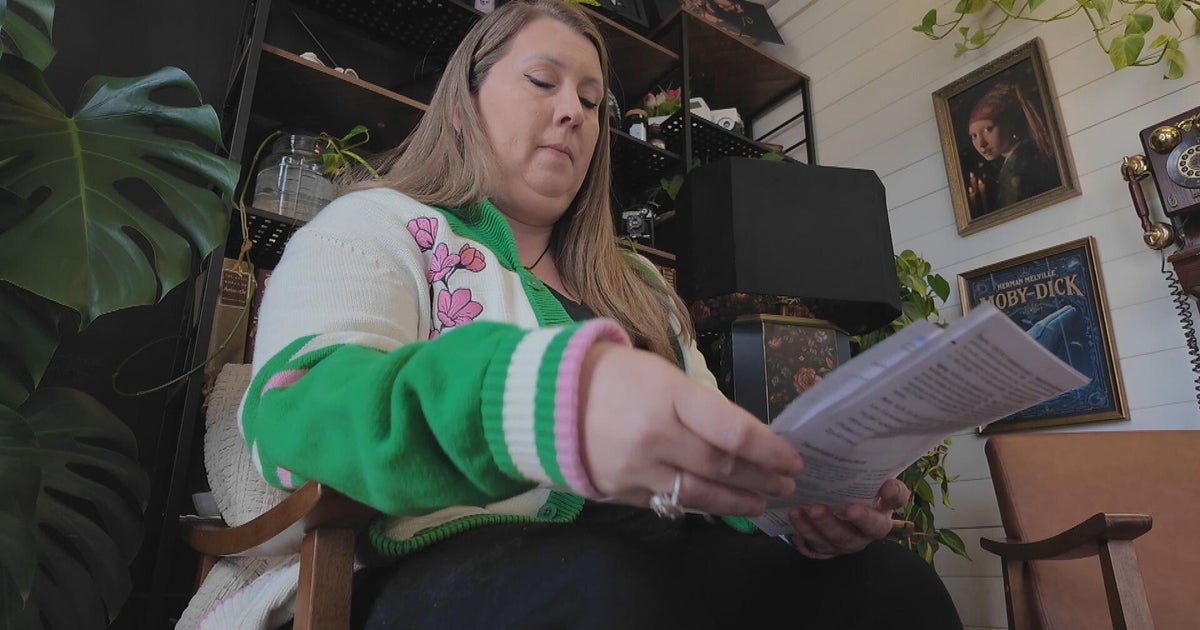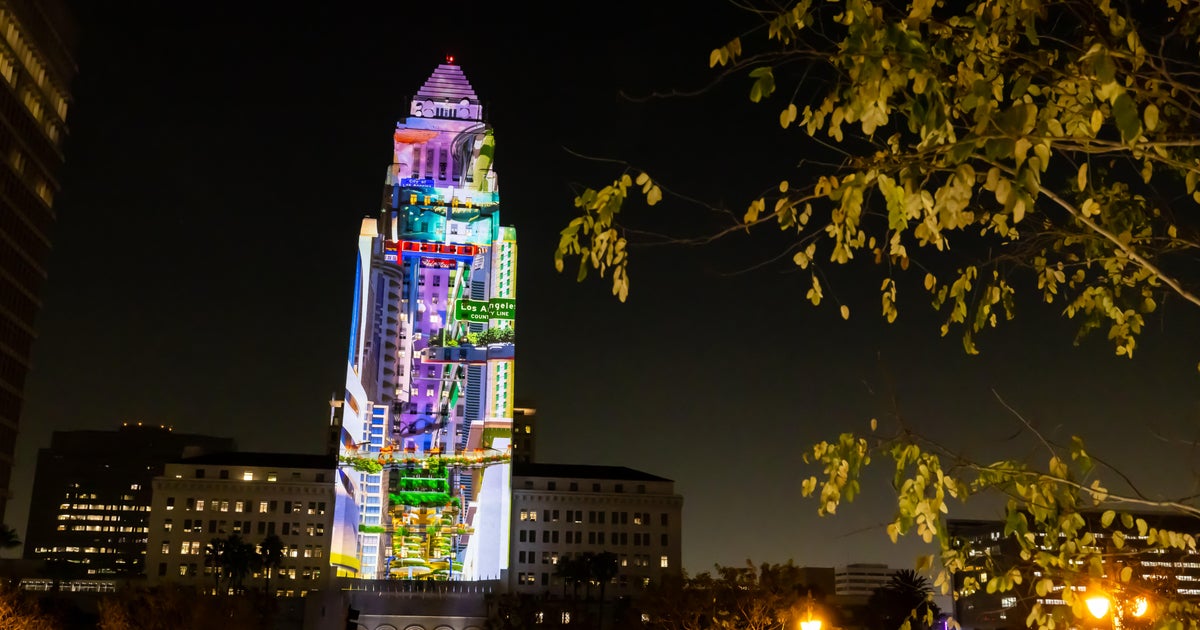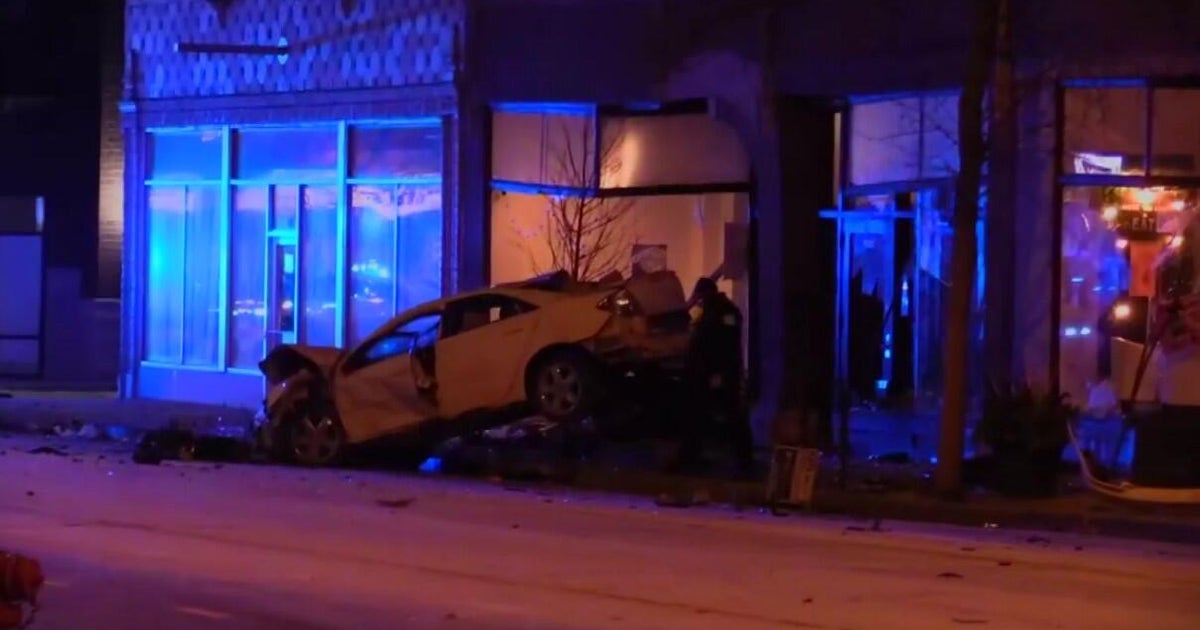Biggest New York Events Of The 1980s
1980s New York was the quintessential portrait of a gritty city, slowly and grudgingly starting to clean up its act. Graffiti-bedecked subways and storefronts were still the norm and crime was high, but gentrification was slowly starting to seep into worn-down neighborhoods from river to river. Bodegas closed and yuppy wine bars opened, ushering in rent spikes and the displacement of long-time tenants and low income families.
The disco scene started to recede, and new musical genres like punk and rap were heard blaring from car windows. Clubs like 8BC and Pyramid ruled the night, heralding in an explosion of creativity, primarily centered in iffy Alphabet City and the East Village. New Yorkers continued to live whatever their version of the daily grind happened to be, keeping an ever-watchful eye on the news, as events like these unfolded.
A Beatle is Gunned Down: December 8, 1980
Legendary and iconic, John Lennon's abrupt assassination sent shock waves reverberating around the world. Grief-stricken New Yorkers walked the streets openly crying for days following the shooting, which took place in front of Lennon's place of residence, The Dakota, on Manhattan's Upper West Side.The shooter, Mark David Chapman, travelled from Hawaii to kill Lennon on one prior occasion but had an apparent change of heart. On December 8, Chapman forged ahead with his plan, spending much of the day in front of the Dakota. Earlier that day, Chapman got Lennon's autograph, and made brief, physical contact with Lennon's son, Sean.
Lennon was shot four times in the back with hollow point bullets at relatively close range, in front of his wife, Yoko Ono, and was pronounced dead at Roosevelt Hospital. The city was enveloped in mourning and disbelief. Lennon had no funeral, but on December 14, Ono requested a 10-minute interlude of silence, during which 225,000 of Lennon's fans joined together to grieve in Central Park at a site now named Strawberry Fields in his honor. Chapman, convicted of murder, has been denied parole eight times and remains incarcerated at Wende Correctional Facility in upstate New York.
A Subway Vigilante: December 22, 1984
The son of German immigrants, Queens-born Bernhard Goetz had had enough when four young, African-American men, allegedly attempted to rob him on a New York City subway car. Having already fallen victim to two prior muggings, Goetz shot and seriously wounded all four, paralyzing one for life. The press dubbed Goetz the "Subway Vigilante" and the story continued to make sensationalized headlines for weeks.Praised as a hero by some and vilified as a racist by others, Goetz surrendered to police and was charged with multiple offenses including attempted murder, but was ultimately found innocent of all charges, except for carrying an unlicensed firearm. The Subway Vigilante case opened up a fresh dialogue in the city about the nature of justice and self-defense, and is considered by many to represent the beginnings of a downturn in New York street crime.
A Café Stirs Urban Renewal: October, 1985
Dingy, dilapidated and dangerous, Manhattan's Union Square was the focus of part of a $50,000 grant from the National Endowment for the Arts to the New York City Department of Planning as early as 1974. Despite strides, the once-thriving area continued to languish throughout the 80s, in large part due to the city's ongoing budget constraints.It took the audacious dream of a 27-year-old restauranteur to change all that. Danny Meyer, along with chef Ali Barker, took a deep breath and a chance, opening up the soon-to-be wildly popular Union Square Café on East 16th Street, in the heart of Union Square. Meyer's vision of combining serious food with a casual dining experience was largely unexplored and proved to be highly successful, resonating with New Yorkers and out-of-towners alike.
The Café's ever-increasing popularity brought a sense of freshness to the then affordable area. Other restaurants and stores soon followed, making Union Square one of the city's most popular locations. Over the decades, it also became one of the most expensive. Ironically, the Union Square Café, unable to maintain its high rent, is slated to close, leaving the neighborhood it helped forge.
The Preppie Murder: August 26, 1986
An Upper East Side watering hole for New York's well-to-do, Dorrian's seemed an unlikely place for a murderer and victim to cross paths. The bar was part of the thriving Manhattan singles scene, a place where underage kids of privilege could drink and cop drugs before going home to their parent's townhouse or luxury apartment.
It was frequented often by Jennifer Levin, a vivacious 18-year-old prep student looking forward to junior college and 19-year-old Robert Chambers, a tall and handsome, upper-crust, prep school alum. The two drank together and then made their way into Central Park, not an uncommon ending to an evening at Dorrian's. Two hours later at 6 a.m., a cyclist riding through the park would find Jennifer's body, barely clad and with obvious signs of strangulation.
Chambers at first denied the crime, claiming Levin had died accidentally during a kinky sex act gone wrong. Ultimately, he would plead guilty to manslaughter and serve 15 years in jail, only to become incarcerated again several years later on a hefty drug charge. The lurid details of the murder remained splashed across the headlines for weeks, raising the issue of victims' rights, as Levin's past behavior and relationships were mercilessly dissected by both Chambers' attorney and the press.
Levin's mother, Ellen, became a staunch advocate for victims' rights and was pivotal in the successful fight to change New York's rape shield law and its extension to homicide cases.
New York City's First Black Mayor: November 7, 1989
A former Marine and Howard University graduate, David Dinkins rose to political prominence through the Democratic Party primarily in Harlem and came to be known to all New Yorkers when he served as Manhattan borough president. His election to the mayoralty heralded in a new and swift decrease in crime throughout the five boroughs, a direct result of his Safe Streets, Safe Cities program and a 25-percent expansion of the police department.
Dinkins eschewed the city's melting pot model, referring to it instead as a gorgeous mosaic. A one-term mayor, Dinkins began the now-famous clean-up of Times Square, which was taken over and largely credited to Rudy Giuliani, Dinkins' Republican rival and the city's next mayor.
Corey Whelan is a freelance writer in New York. Her work can be found at Examiner.com.
